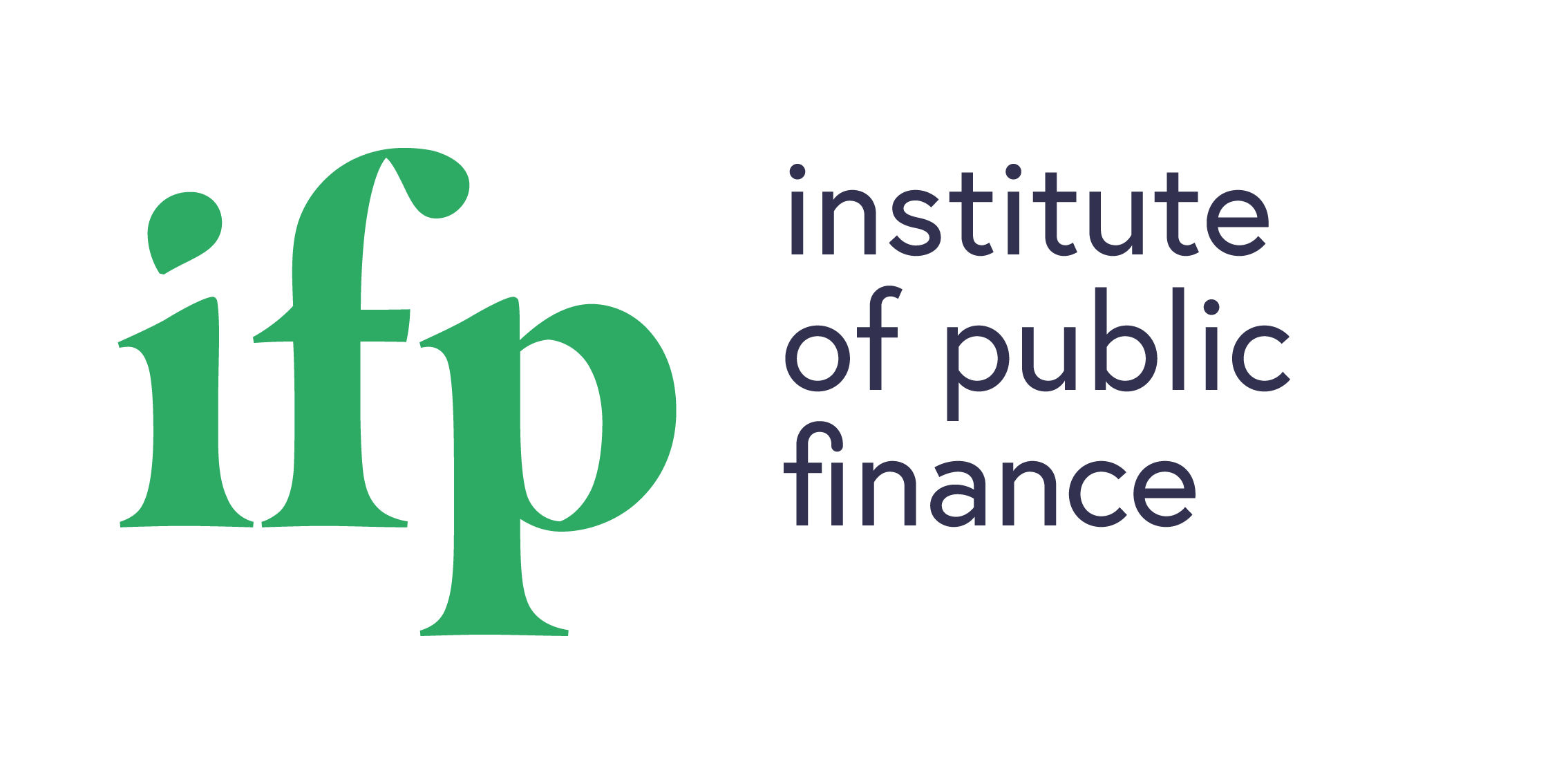The administrative reform of 1999, by transferring part of the power to local government, entrusted it with a significant part of public funds to finance: schools, hospitals, roads and other public goods that are crucial for citizens. This year, the Institute of Public Finance is initiating a project to examine the transparency of finances of local authorities. First results will be shown on March 5 during the European Congress of Local Governments, of which IFP is a partner this year. The congress will begin with a speech by Dr. Sławomir Dudek.
“Local governments have many responsibilities, they organize the most important spheres of life, and they are closest to citizens. This entails responsibility for managing public funds. We want to look at how local offices inform their residents about how and what they spend their money on. The publication of such information will soon be required by law. Some local governments are already preparing for this. Some people do it better, others worse,” says Dr. Sławomir Dudek, president and chief economist of IFP.
Together, local governments have a budget worth more than half of the amount available to the government.
Since the local government reform 25 years ago, a total of PLN 7,000,000,000,000 (seven trillion) has passed through local government budgets.
These are public funds. Some of it comes from subsidies from the central budget, some of it comes from local governments’ own income, e.g. from taxes paid by residents and companies operating in a given area, or from concessions or licenses that the office issues to enterprises. Local government expenditure is subject to public finance, public procurement and other rules that state entities must follow when managing taxpayers’ money. There are plans to introduce a new obligation – submitting data to the register of contracts published by the Ministry of Finance. Unfortunately, its launch has been postponed. Today, however, many local governments publish such registers, showing residents for what amounts and from which contractors they buy goods and services as part of their activities.
“Publishing information on contracts is a step in the right direction, but not sufficient. In order for citizens to actually have the opportunity to control local budgets, first of all, this information must be developed and presented in such a way that it is possible to search, filter, browse, compare, download, etc. in a way that is convenient for the user. We will examine the registers of contracts provided by local government units according to these criteria,” explains Dr. Konrad Walczyk from IFP, co-author of the study. “Secondly,” he adds, “ensuring social control over the local government budget requires practical compliance with the broadly understood principles of openness and transparency, and even active inclusion of residents in the financial economy using instruments such as participatory budgeting or citizen legislative initiative.”.
The results of the pilot stage of the “Open budget of local government” project will be presented during the 9th European Congress of Local Governments, which will be held on March 4-5 in Mikołajki, this year under the slogan “The future of the idea of decentralization in a changing world”. On the second day of the Congress, the Institute of Public Finance will host a discussion panel “Open budget of local government”, moderated by Dr. Konrad Walczyk, an expert of the Institute of Public Finance, lecturer and researcher at the Warsaw School of Economics. The panel entitled “Open budget of local government” will be an opportunity to look at from different perspectives how local governments inform their residents about the management of public funds. The participants of the discussion will be:
Konrad Walczyk, deputy director of the Institute of Economic Development, Warsaw School of Economics (moderator)
Jacek Lelek, mayor of Stary Sącz
Grzegorz Benedykciński, mayor of Grodzisk Mazowiecki
Sławomir Dudek, president of the Institute of Public Finance,
Mateusz Klupczyński, president of the management board of Publink
Agnieszka Libudzka, journalist, head of the branch of the Polish Press Agency in Olsztyn



